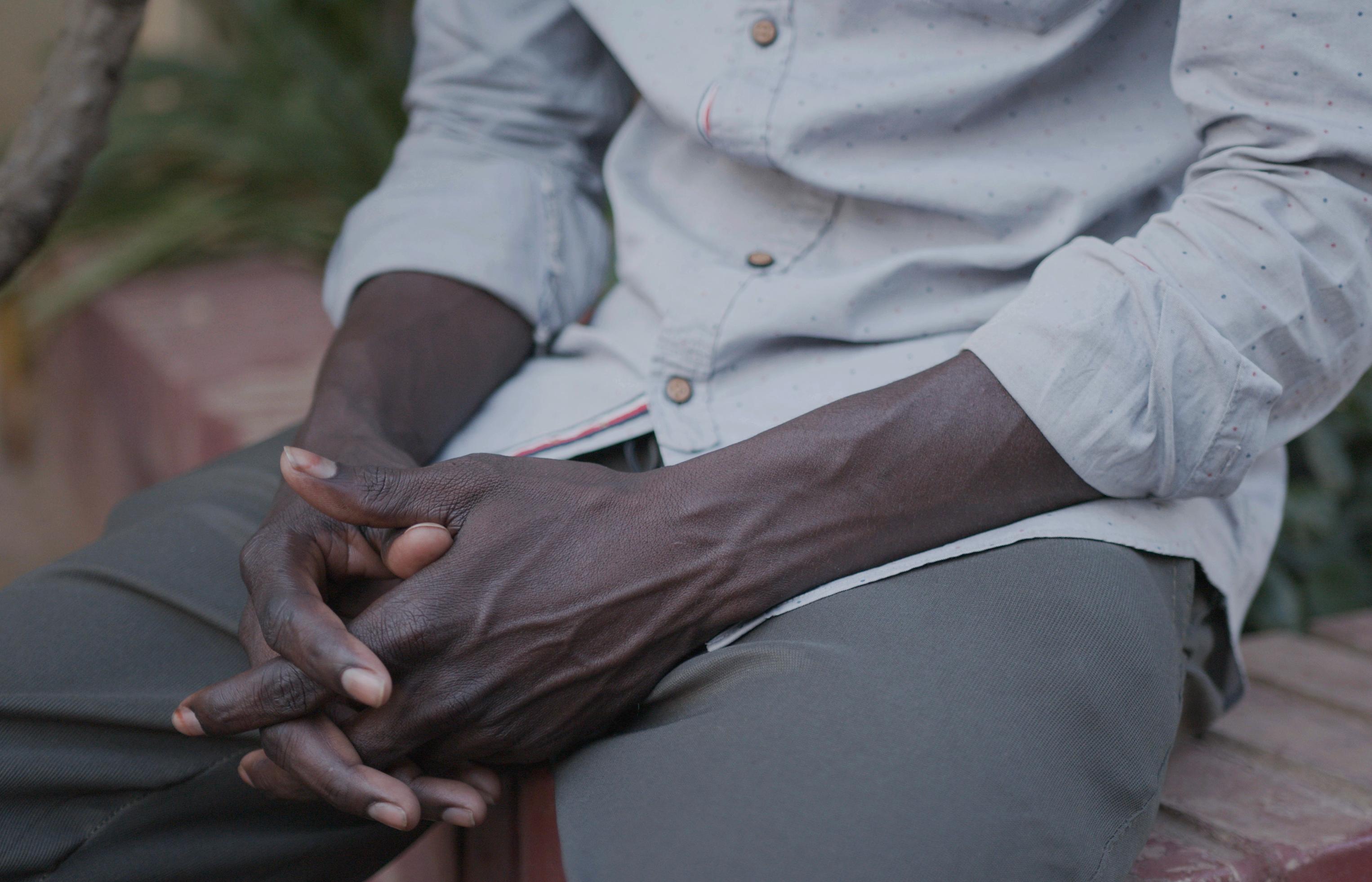
Male, Focus Group Discussant, Sudan
Key findings 3
History matters. In countries that recently experienced coups, the military has been closely involved in political life beyond matters of state defence. These countries all experienced protracted military rule after independence. They are also among the African countries where military spend represents the highest proportion of the state budget. Both before and after coups occur, partners’ investment patterns in these states often reflect a similarly disproportionate allocation to the national security apparatus. This means that militaries are often stronger, more sophisticated and more organized than other institutions and ministries. In turn, this contributes to civic tolerance for military engagement in government affairs. These findings highlight the risk of a return to an era of close military involvement in African politics, while emphasizing the critical need to reset the role of the military in political life, and wider civil-military relations.
Recommendations
The civil-military relationship must be recalibrated to hold militaries to their defence mandate, while boosting other institutions tasked with governance functions.
National, regional and international actorsNational, regional and international actors must revise disproportionate security expenditure.
Years of military rule in the five UCG case study countries
- UCG
- DTS

Is it an essential feature of democracy that the army takes over when government is incompetent?
- UCG
- DTS

